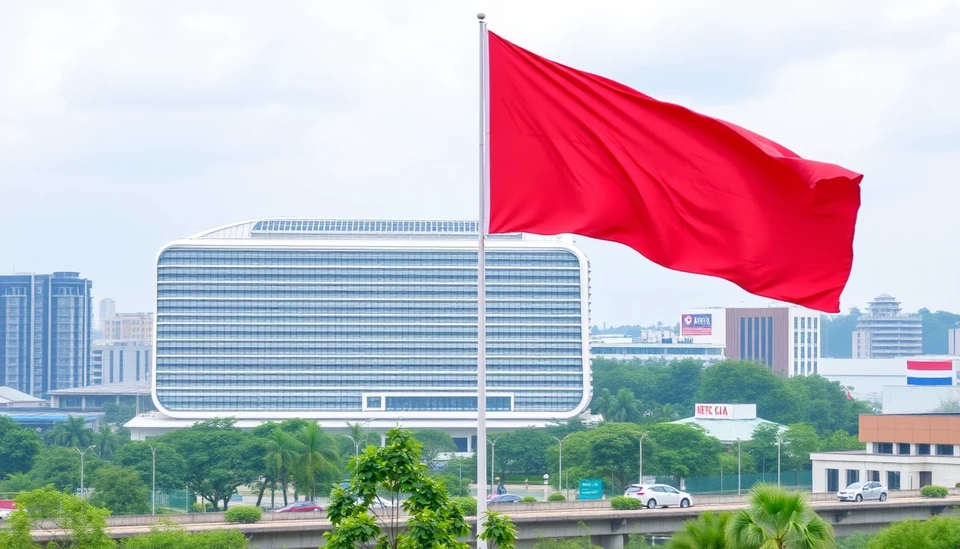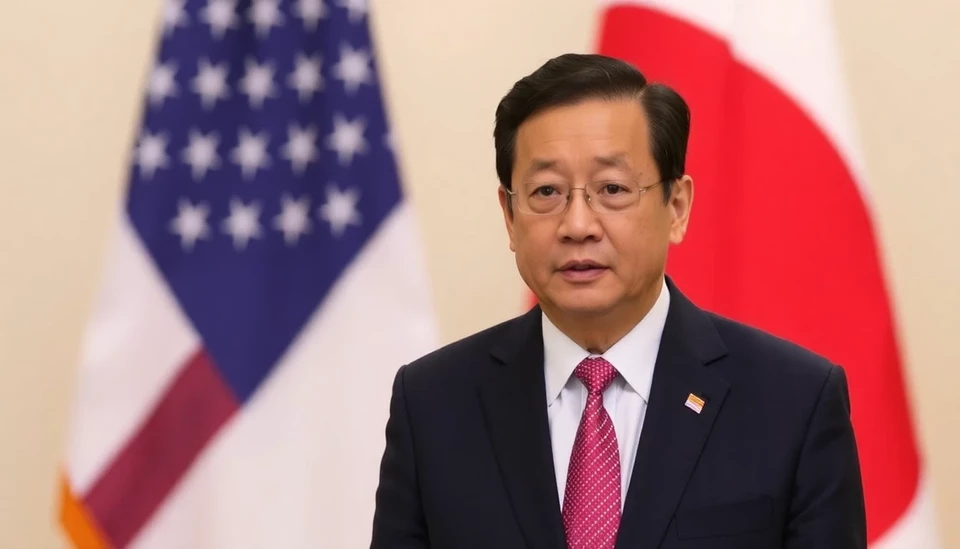
In a bold move to stabilize and enhance nickel prices, Indonesia, the world's largest producer of the metal, is contemplating substantial cuts to its nickel mining operations. This decision arises in the wake of declining prices due to oversupply and weakening demand from key markets, particularly China. Industry experts suggest that such reductions could significantly impact the global nickel market, given Indonesia's pivotal role in its production.
The discussions on these potential cuts come as nickel prices have plummeted by more than 40% over the past year, driven largely by a surplus in production and decreased demand for electric vehicle batteries. With the global push toward renewable energy and electric vehicles, nickel has been in the spotlight due to its essential role in battery production. However, the recent downturn in prices has raised concerns among producers, prompting the Indonesian government to reassess its mining strategies.
Currently, Indonesia accounts for about 30% of the world's nickel supply, and any significant reductions in its output could lead to tighter global supplies, thereby pushing up prices for the metal. The government is reportedly weighing a range of options, including limiting the number of mining licenses issued and enforcing stricter regulations on production rates. These measures aim to safeguard the financial interests of the local mining companies and stabilize the market.
Economic analysts note that while these cuts might lead to short-term price hikes, they could also have long-lasting ramifications on the industry. A tighter supply could reignite interest among investors and stakeholders, potentially fostering new exploration and investment opportunities in the region. However, this strategy comes with risks, particularly as it could lead to a supply crunch that might drive prices too high, thereby jeopardizing the very demand that Indonesia is trying to capitalize on.
Moreover, industry leaders have expressed mixed feelings regarding the proposed cuts. Some argue that a reduction in output might lead to increased market stability, while others caution against overregulation, advocating for a more balanced approach that considers both the economic imperatives of local miners and the global dynamics of nickel demand. As the government navigates these complex decisions, it faces the challenge of aligning domestic interests with international market trends.
In conclusion, Indonesia's evaluation of its nickel mining policies reflects broader dynamics in the global commodities market, where supply and demand continue to fluctuate based on various economic indicators. The outcomes of these discussions will not only determine the future of nickel mining in Indonesia but could also influence the global price trajectory for this critical metal for years to come.
As this situation unfolds, stakeholders from across the industry will be watching closely, considering how changes in policy may reshape the landscape of nickel production and its associated markets. The balance between fostering domestic growth while meeting international demand remains a critical priority for Indonesia as it seeks to play a key role in the renewable energy revolution.
#Indonesia #NickelMining #CommodityPrices #ElectricVehicles #MarketTrends
Author: Victoria Adams




